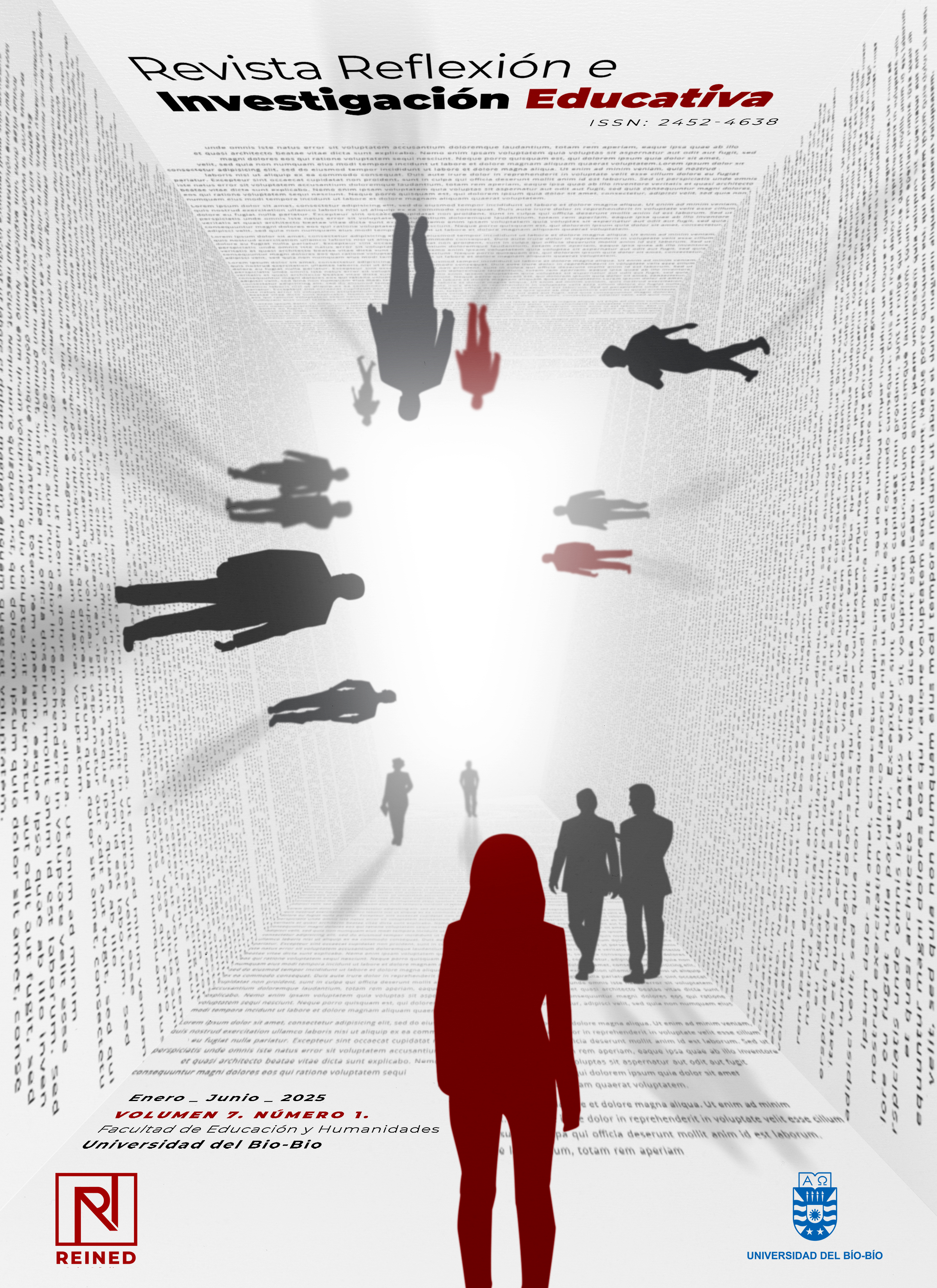EDUCATIONAL SEDUCTION FROM BAUDRILLARD'S PERSPECTIVE
Main Article Content
Abstract
reflection intends to delve into the concept of seduction and an author who analyzes it as homonymous to production, which allows reaffirming, always with a pedagogical intention, that the educational process cannot be limited to generate, produce or transmit information or skills. First of all, a conceptual analysis close to Baudrillard's expression is generated, with a hermeneutic phenomenological intention open to the divergence of approaches in order to highlight the multiple aspects and relationships of the concept “seduction”. Then, it is examined how this conceptual framework can fit into the pedagogical and praxeological discourse, from a more convergent approach, inductive and deductive at the same time, perhaps far from textual fidelity. In synthesis, seduction from Baudrillard's point of view, responds to four integrating axes around which other notions such as pedagogy can gravitate. Finally, it is possible to affirm that, from a praxeological perspective, the real educational questions could occur in a relation of pedagogical seduction.
Article Details
References
Ardoino, J. (1980). Éducation et relations. Introduction a une analyse plurielle des situations educatives. Gauthier-Villars
Astolfi, J-P. (1994). “Évaluer oui, mais pas trop”. Pédagogie collégiale, 8(1). https://es.scribd.com/document/420855625/Astolfi-jean-pierre-Evaluer-Oui-Mais-Pas-Trop
Baudrillard, J. (1981). De la seducción. Cátedra.
Chomsky, N. (2003). Piratas y emperadores. Ediciones B.S.A.
Crozier, M., & Friedberg, E. (1990). El actor y el sistema. Las restricciones de la acción colectiva. Alianza Editorial.
Freire, P. (2005). Pedagogía del oprimido. Siglo XXI.
Gauthier, C., & Tardif, M. (1996). La pédagogie. Théories et pratiques de l'Antiquité à nos jours. Gaëtan Morin Éditeur.
Houssaye, J. (1995). “Une illusion pédagogique?”. Cahiers pédagogiques, no 334, mai.
Illich, I. (2011). “La sociedad desescolarizada” y “Némesis médica” en Obras Reunidas I. FCE.
Juliao Vargas, C.G. (2011). El imposible, pero necesario, oficio de maestro. Revista Interacción 53. https://www.cedal.org.co/es/revista-interaccion/el-imposible-pero-necesario-oficio-de-maestro
Juliao Vargas, C.G. (2023). Otra mirada sobre la acción educativa: Entre seducción, conversión, subversión y perversión. Revista Reflexión e Investigación Educacional, 5(1), 93-112. https://doi.org/10.22320/reined.v5i1.6240 DOI: https://doi.org/10.22320/reined.v5i1.6240
McLuhan, M. (1969). “L’avenir de l’éducation” en Mutations 1990. HMH.
Marcuse, H. (1993). El hombre unidimensional. Planeta-Agostini.
Meirieu, Ph. (2013). La opción de educar. Ética y pedagogía. Octaedro.
Meirieu, Ph. (1998). Frankenstein educador. Laertes.
Perelman, Ch. (1952). Rhétorique et philosophie. Pour une théorie de l'argumentation en philosophie. P.U.F
Rogers, C. (1982). Libertad y creatividad en la educación. Paidós.
Rogers. C. (1978). Orientación Psicológica y Psicoterapia. Narcea.
Rosenthal, R. y Jacobson, L. (1971). Pygmalion a l'ecole: l'attente du maitre et le developpement intellectuel des eleves. Casterman.
Schön, D. (1982). El profesional reflexivo. Cómo piensan los profesionales cuando actúan. Paidós.
Schön, D. (1986). “Vers une nouvelle épistémologie de la profession face à la crise du savoir professionnel”. En Thomas, A. y Ploman, E. (dir). Savoir et développement: une nouvelle perspective mondiale, p.66-93. Ontario lnstitute for Studles in Education Press.
Schön, D. (1992). La formación de profesionales reflexivos. Paidos.
Serres, M. (1991). Le tiers-instruit. Éditions Bourln.
Simon, H.A. (1972). “Theories of Bounded Rationality”. En: McGuire, C.B. y Redner, R. (eds.). Decisions and Organization (pp. 181-176). North-Holland Publishing Co.
Tillería, L. (2019). “Baudrillard. Filosofía de la seducción”. Humanidades 9(2), 1-21. https://doi.org/10.15517/h.v9i2.37516 DOI: https://doi.org/10.15517/h.v9i2.37516
Tochon, F. (1989). L'improvisation bien planifiée. Éditions St. Boniface.
Tremmel, R. (1993). “Zen and the Art of Reflexive Practice. Teacher Education”. En Harvard Educational Review, 63(4). https://doi.org/10.17763/haer.63.4.m42704n778561176 DOI: https://doi.org/10.17763/haer.63.4.m42704n778561176
Ussel, J. (1974). La represión sexual. Roca.
Windisch, U. (1982). Pensée sociale, langage en usage et logiques autres. L'Age d'Homme.
Zizek, S. (1999). Dije economía política, estúpido https://feeye.uncuyo.edu.ar/web/epistemologia/Lineadetiempo/Documentos/zizek/dije-economia-politica-estupido.html

